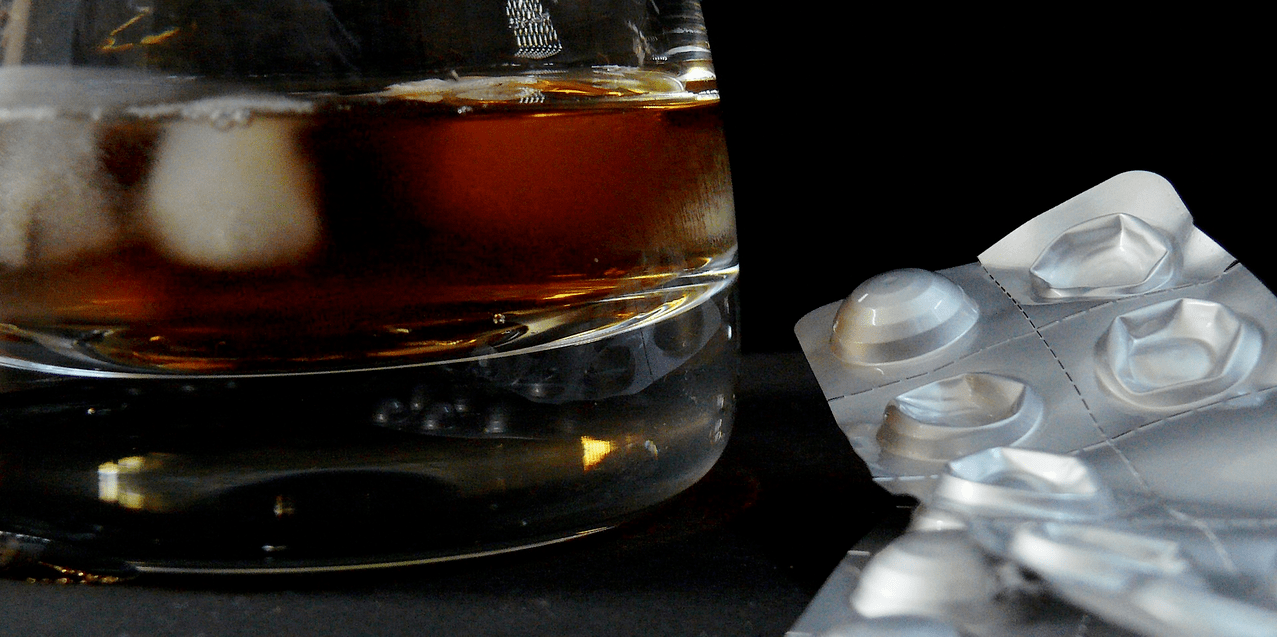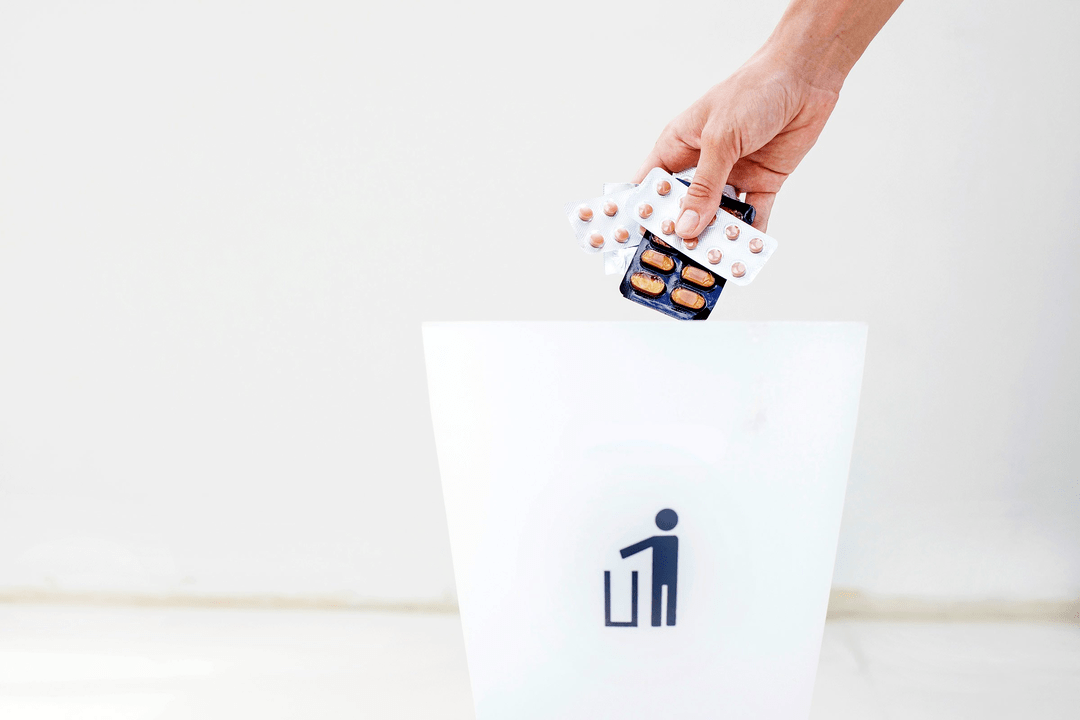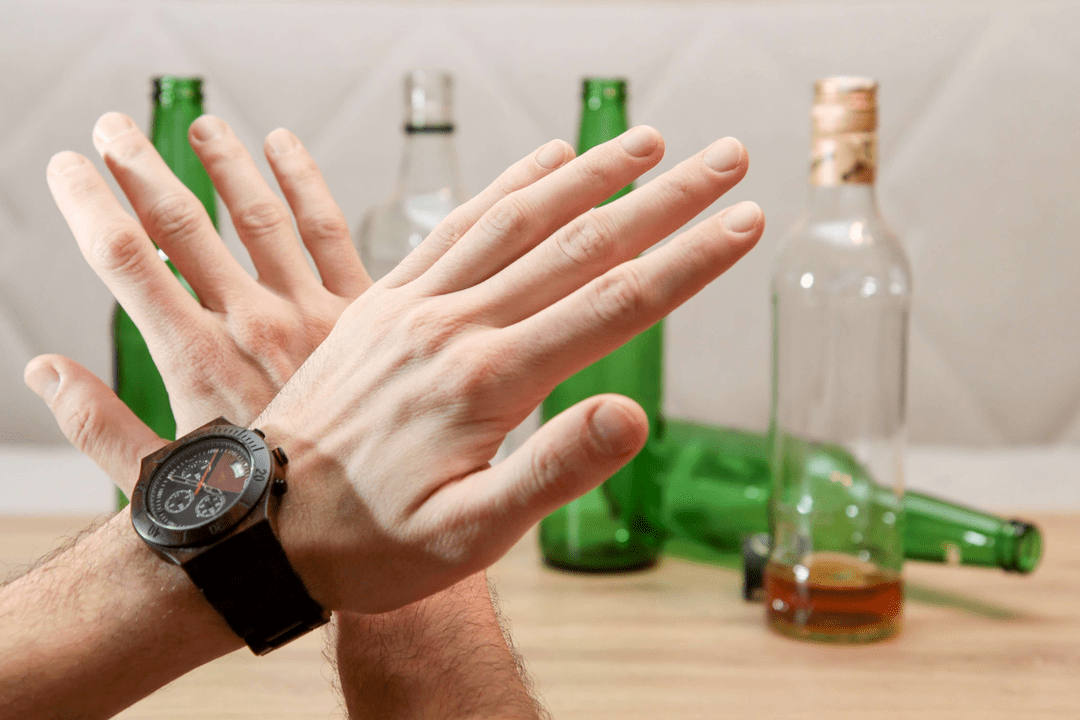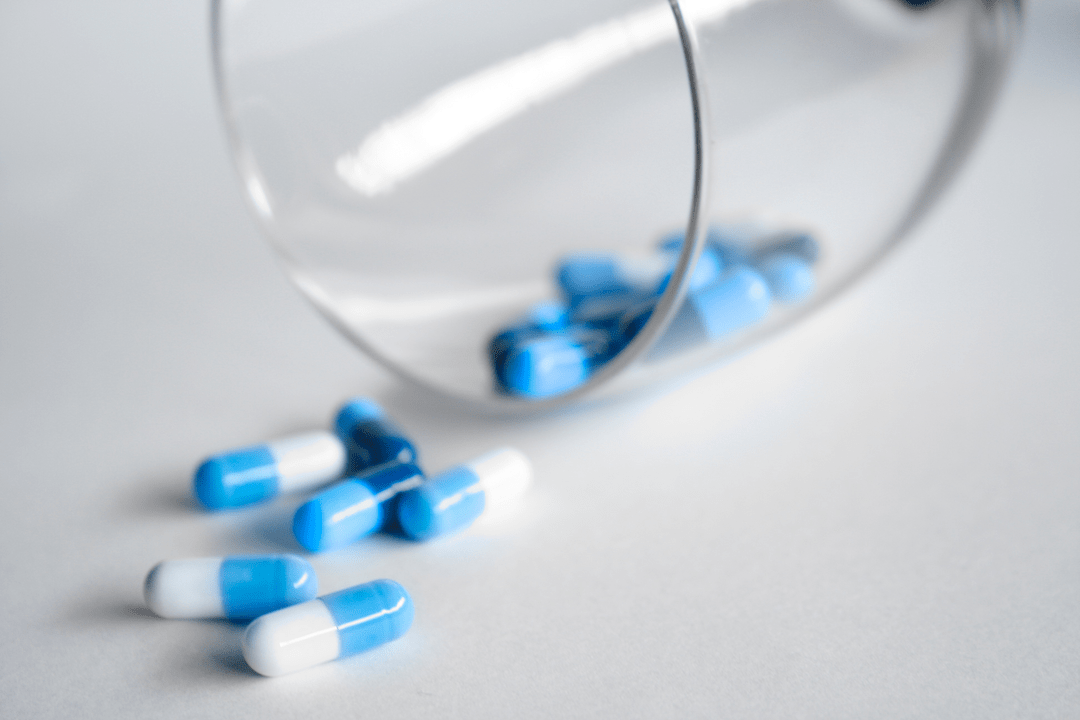Are antibiotics and alcohol compatible, in which cases is the danger of this combination justified, and when is it an exaggeration? We answer this question in our article.
Sometimes antibiotics are essential. They are prescribed for a variety of ailments and often happen at a completely "bad time": on the eve of a long-awaited celebration or, for example, a corporate party.
In this situation, some are bored at the festive table, categorically refusing even a glass of wine or a sip of beer, others choose to discontinue antibiotic treatment and are absolutely certain that they will do much less harm to their own bodies.
Let’s make a reservation right away: skipping one or two doses of medication can impair the effectiveness of treatment, and irregular intake of the antibiotic makes the pathogen more resistant to its effects, thus only exacerbating the problem. To defeat bacteria that have "hardened" with such experiments, you need to increase the dose or prescribe a stronger drug.
And what happens if you drink a glass of wine or a little beer in the background of antibacterial treatment? Most likely nothing. According to British scientists quoted by the Russian Air Force, alcohol has no effect on the effects of the most commonly used antibiotics. These are neutral relative to each other, which means that the unpleasant "side effects" from such a combination should of course not be expected if the case is limited to just a glass of wine and we are not talking about a few drugs, not to be mixed with any amount of alcohol.

To understand all the risks associated with the concomitant use of medications, including antibiotics, read the instructions carefully and make sure that this point is not included.
What antibiotics are best not to combine with alcohol
It is not worth risking and consuming alcohol during antibiotic treatment, which belongs to this class, as several studies confirm that ethanol weakens their effect.
It is also important to consider the fact that metronidazole and tinidazole compounds chemically react with alcohol and enhance its hepatotoxicity. However, the score data is quite contradictory, but is it worth the risk?
Some members of the cephalosporin group slow down the degradation of ethanol, thereby eliciting a disulfiram reaction. These drugs block the enzymes that help break down acetaldehyde, which eventually builds up in the body and cause headaches, nausea, tachycardia, shortness of breath, cramps and other unpleasant symptoms.
A similar reaction has been reported to be induced by some bacteriostatic antibiotics, which, however, have not been used as frequently recently. The combination of alcohol and antifungals is dangerous.

Alcohol and some antibiotics can cause not only total therapy but also harm
Long-term use of antibiotics and alcohol
However, it is important to understand that with long-term use, many antibiotics, including erythromycin, rifampicin, tetracyclines, sulfonamides, nitrofurans, and lincomycin, accumulate in high concentrations in the bile and can lead to toxic liver damage over time. As a major detoxifying organ, it itself suffers primarily from the side effects of drugs. And while phenomena such as cholestatic hepatitis and even fatty infiltration of liver cells are usually transient, it’s still not worth adding extreme things to this important organ, which has to work with a double load if both drugs and alcohol are to be metabolized.

Avoiding alcohol is the best solution for most medications.
Another argument for avoiding alcohol during antibiotic treatment is the ability of ethanol to cause dehydration and slow the overall healing process.
What antibiotics have not been combined with yet
However, the case is not limited to just giving up alcohol while taking antibiotics. What other medications a person takes and what they drink with the medication they take plays an important role.
Thus, for example, a glass of milk consumed with an antibiotic pill or a piece of cottage cheese that has been consumed may deny all the benefits of the drug. Penicillins and tetracyclines, which form stable chelate complexes with calcium, are the worst in combination with dairy products. But it is perfectly acceptable to drink erythromycin with milk.
Antibiotics are not combined with tea, coffee, lemonade, fruits and juices, and foods containing vinegar.
You should take the antibiotic strictly as instructed at regular intervals. If the case is not limited to taking a drug, it is important to make sure that the drugs do not conflict with each other. Of course, a qualified doctor will not prescribe incompatible medications, but you may not even know that you are currently being treated by another specialist and are taking the pills prescribed by him.
For example, cholestyramine and enterosorbent formulations taken concomitantly with antibiotics reduce the absorption of the latter. Taking erythromycin with oral contraceptives may lead to intrahepatic biliary obstruction, and some antibiotics may reduce the effectiveness of oral contraceptives.
Due to the risk of bleeding, it is dangerous to combine cephalosporins with thrombolytics, and macrolides and fluoroquinolones may increase the toxic effects of theophylline.

The combination of alcohol and many drugs can be fatal
What drugs are dangerous to combine with alcohol
Do not combine painkillers, antidepressants, muscle relaxants, antihypertensives, antipsychotics, diuretics, antipyretics, cardiovascular drugs, anticoagulants, painkillers, antihistamines and hypnotics, and oral dentifrices. Undesirable side effects are different in each case and are sometimes very dangerous.
Finally, note that to avoid problems with antibiotics, read the instructions carefully. And of course, you shouldn’t decide for yourself to drink antibiotics. Your doctor will prescribe them. Self-healing has serious health problems.
























